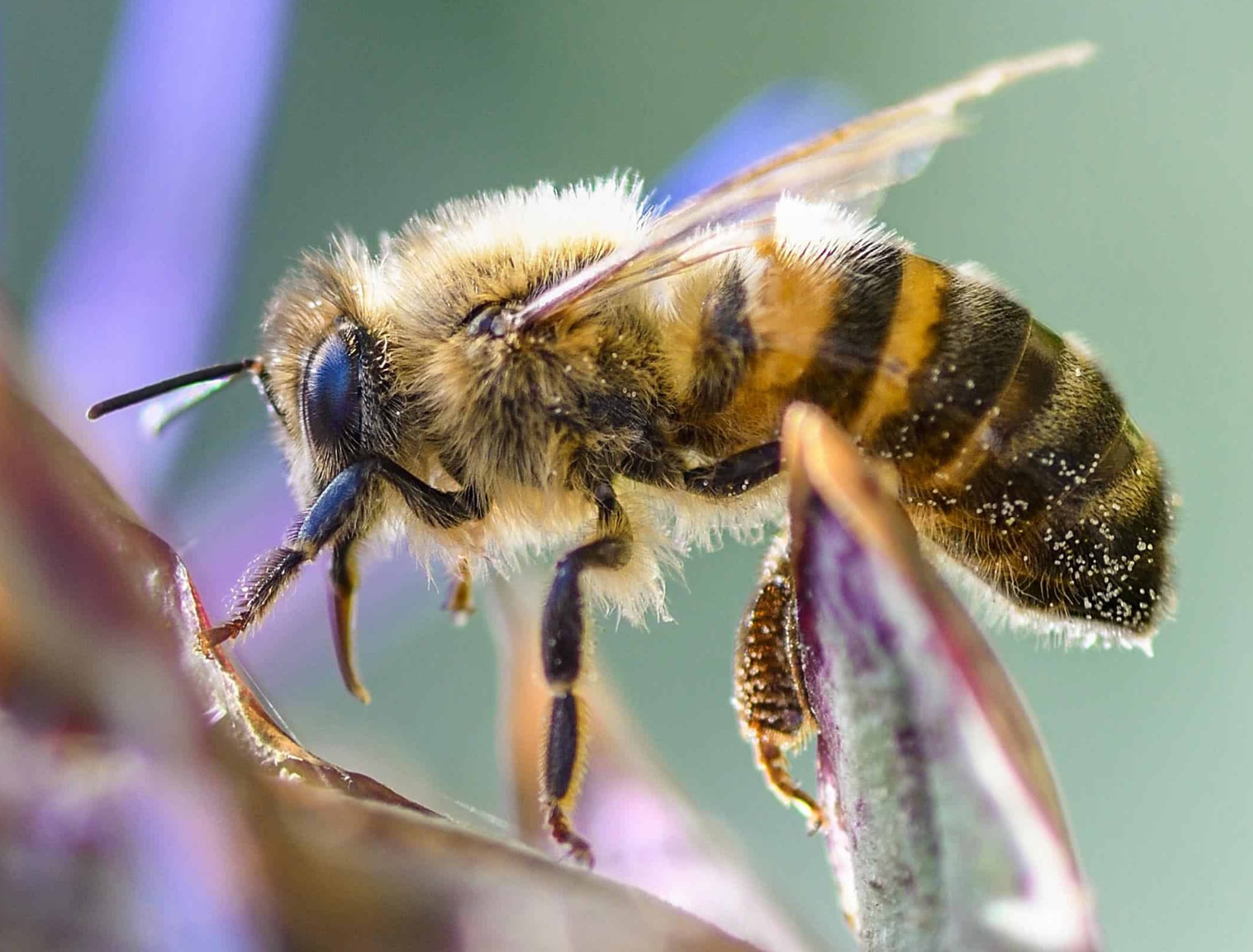
Dale Hinkle
Master Beekeeper
Monday, May 13, 2024
The business part of our Annual Membership Meeting will only take a few minutes for the annual report, treasurer’s report and the election of board directors and corporation officers. Nominated at the January meeting were,
Jim Beavers — Membership Chair
Humans have kept bees in artificial hives for more than 10,000 years. Scientific study of bee colonies began in the 18th century in Europe. In the United States alone, crops worth more than $15 billion per year depend on insect pollination. Much ingenuity, experimentation and research has gone into the design and production of hives, tools, and techniques to efficiently harvest and process honey.
In the new millennium the mysterious honey bee colony collapse disorder, mites, and viruses have plagued beekeepers across the world, causing great losses for apiaries and farmers who depend on them. This also has greatly raised the awareness of many other species of pollinators that are important in natural and agricultural ecosystems and crucial to sustain biodiversity.
The University of Tennessee Knoxville campus became the 98th Certified Bee Campus USA in 2020. The UT Apiculture Program supports the campus, the state’s beekeeping industry and private beekeepers. Through agricultural extension offerings and county beekeeping associations, you may sign up for beekeeping classes across the state. You can also support pollinators by keeping your lawn chemical free and thoughtfully planting pollinator-friendly native plants in your home garden or even on a balcony.
Dale Hinkle is a 5th generation beekeeper and Tennessee Certified Master Beekeeper. He has been keeping hives in Blount and Loudon counties and on the Plateau. He has taught many classes on beekeeping, is an expert in queen rearing, and a champion of bee product diversification. Dale has served as bee inspector in Blount and Monroe counties. He also has started local clubs and been an officer in several county clubs and the Tennessee Beekeepers Association.
For more information on TSK and its meetings, please email TSK secretary, This email address is being protected from spambots. You need JavaScript enabled to view it. or call him at 865-679-9854.

